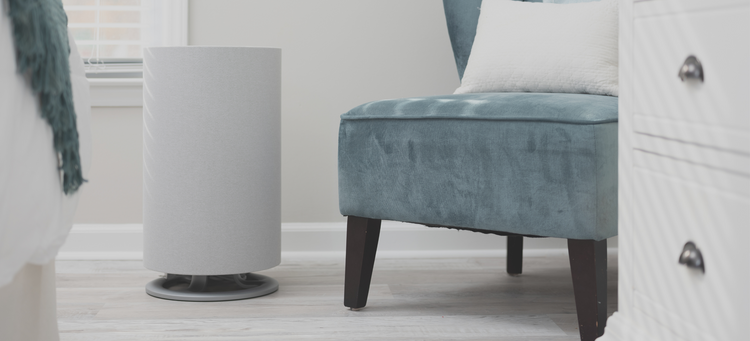Climate Change and Allergies
If you’re like us, you welcome the change in seasons: warming air, melting snow, and blooming flowers. But unfortunately for many of us, seasonal changes also means seasonal allergies.
And if you think your allergies have been getting worse and arriving earlier each year, it’s not just your imagination.
Climate Change and Allergies

It’s one more side effect of climate change.
The Lancet has titled climate change “the biggest global health threat of the 21st century.” The obvious weather disasters aside, as the world grows warmer, we can expect more aggravated asthma, high concentrations of allergies, increased heat stress and stroke, and overall more disease.
When it comes to allergies in particular, the rising temperatures and carbon dioxide (CO2) in the atmosphere have lengthened the allergy season. Ragweed season is now up to 27 days longer, and the amount of pollen in the air has almost doubled!
This increase partially stems from the life cycle of plants. Plants use temperature to tell them when to bloom and when to start pollination. They also breathe CO2, and studies have shown that increased CO2 leads to higher levels of pollen in the air.
A study done by the American College of Allergy, Asthma, and Immunology used a model to predict the increase in pollen count over the next few decades. The numbers will shock you. Pollen counts are expected to nearly triple by the year 2040!
Unfortunately, there’s not much you can do besides taking a few precautions.
The most important step you can take is to keep the pollen away from you!
- Pay attention to daily pollen counts (usually taken by your local news stations) and avoid outdoor activities on those days.
- If you must be outside, try to avoid peak pollen hours (midday and later).
- After you go outside, wash your hair and change your clothes (and don’t hang clothes outside to dry).
- Keep windows in the house closed so pollen doesn’t get in. If you are still suffering from allergies inside, consider an air purifier for allergies than can remove trapped indoor allergens.
The other biggest aid to prevention is medication such as Claritin or Allegra, both available without a prescription. In order for the medication to be effective, they must be taken daily at around the same time. Also, if you don’t already take your meds year-round, start before the allergy season gets underway and triggers your immune system. It’s harder to control the immune response after it’s started.
Unfortunately, the allergy situation won’t improve any time soon without a drastic change in the world leading to reduced carbon dioxide emissions. In the meantime, simple changes in your daily habits can help you avoid suffering.
Additional sources: Forbes, Daily Press, CNN
Learn more about seasonal allergies.







